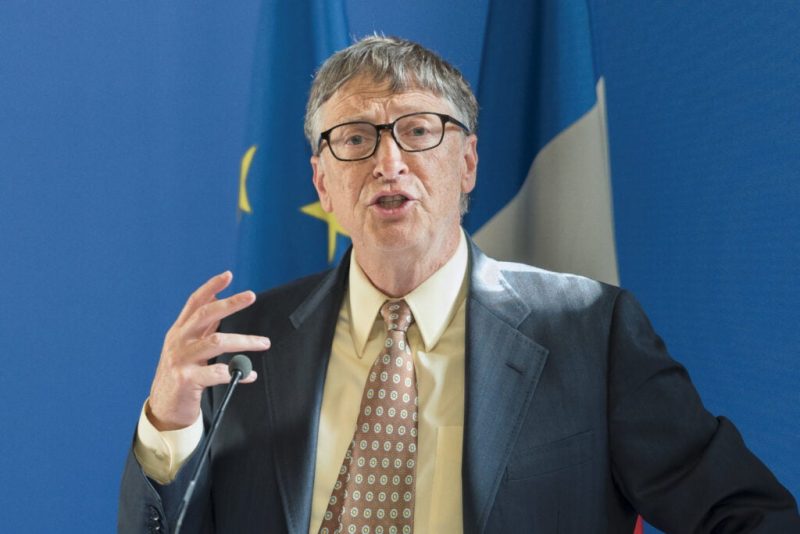
Bill Gates made a low-key visit to the White House last Friday, adding another layer of intrigue to the already dramatic political landscape. The purpose of his visit? Reports suggest he urged Secretary of State Marco Rubio to reconsider proposed cuts to US foreign aid. This quiet meeting comes at a particularly tense time, coinciding with the ongoing public feud between former President Donald Trump and Elon Musk. While the exact connection between Gates’ visit and the Trump-Musk drama remains unclear, the timing is certainly noteworthy.
The details surrounding Gates’ White House meeting are scarce, shrouded in the typical secrecy that often accompanies such high-level discussions. However, the reported focus on foreign aid cuts suggests a significant concern on Gates’ part. His long-standing philanthropic work through the Bill & Melinda Gates Foundation makes him a prominent voice in global development, and his advocacy for continued funding in this area is unsurprising.
The proposed cuts to USAID (United States Agency for International Development) have faced considerable criticism from various quarters. Critics argue that reducing foreign aid could have detrimental effects on global health initiatives, poverty reduction efforts, and overall international stability. Gates’ intervention underscores the gravity of these concerns and the potential consequences of such drastic budget reductions.
The juxtaposition of this quiet diplomatic effort with the very public clash between Trump and Musk is striking. While seemingly unrelated on the surface, both events highlight the complexities and tensions currently shaping American politics and its role on the world stage. Further details regarding Gates’ meeting and the outcome of his discussions with Secretary Rubio are eagerly awaited.
This situation warrants further investigation. The lack of transparency surrounding the meeting only fuels speculation and highlights the need for greater openness in governmental processes. The impact of these potential USAID cuts, and the role of influential figures like Bill Gates in advocating for their reversal, will undoubtedly be a significant factor in shaping future foreign policy decisions.










